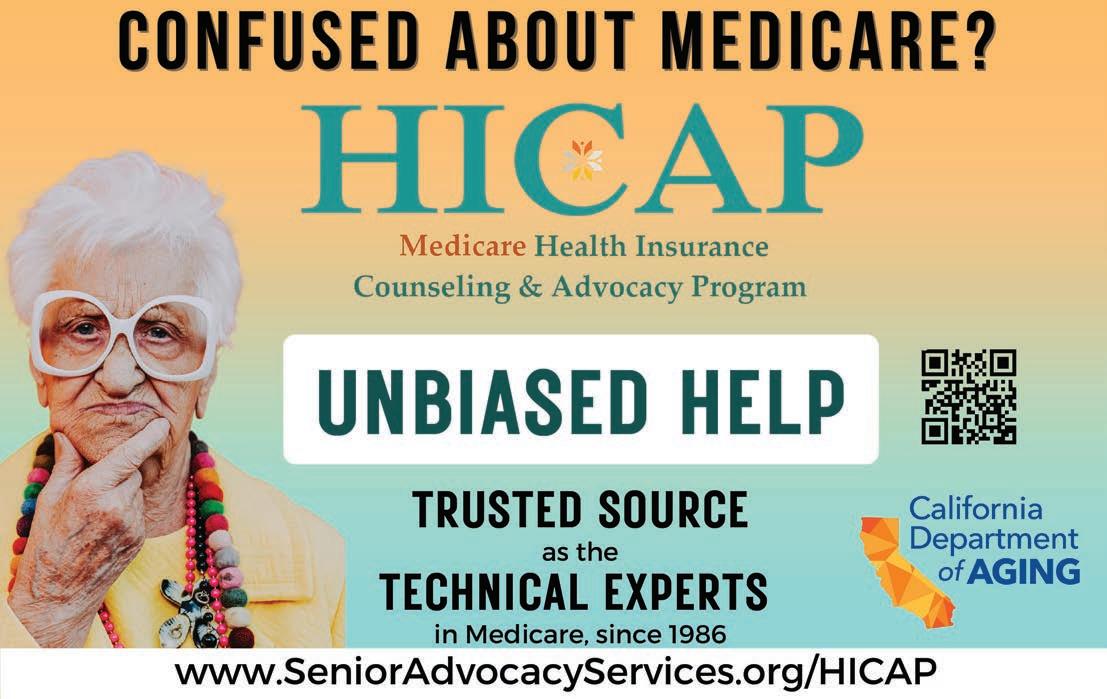New Year’s resolutions
Cognitive health
Local solutions

























































Resolutions can be made at any age. Seniors who may feel that they are past the point in life where trying something new or setting goals is relevant to them can reconsider, as it’s never too late in life to have aspirations big or small. The golden years may be different from any other period in a person’s life, but seniors can still embrace making positive changes. In fact, according to studies by Rush University, people who view life with a sense of purpose are two to four times less likely to develop Alzheimer’s disease. The following are some potential resolutions for seniors.
• Focus on safety. Aging sparks certain changes to the body and mind. Recognizing that you can’t do all of the things you did when you were younger doesn’t mean there aren’t ways to improve upon those
things you can do, especially if you make some safety-minded tweaks. Resolve to improve home safety, such as removing tripping hazards, installing grab bars, checking smoke alarms, and installing a security system.
• Find new and enjoyable workouts. The exercise routines you engaged in just a few years ago may no longer suit your physical abilities or interests. Investigate new fitness regimens or methods of movement. Tai chi, yoga, water aerobics, walking clubs, and more can be incorporated into your daily habits.
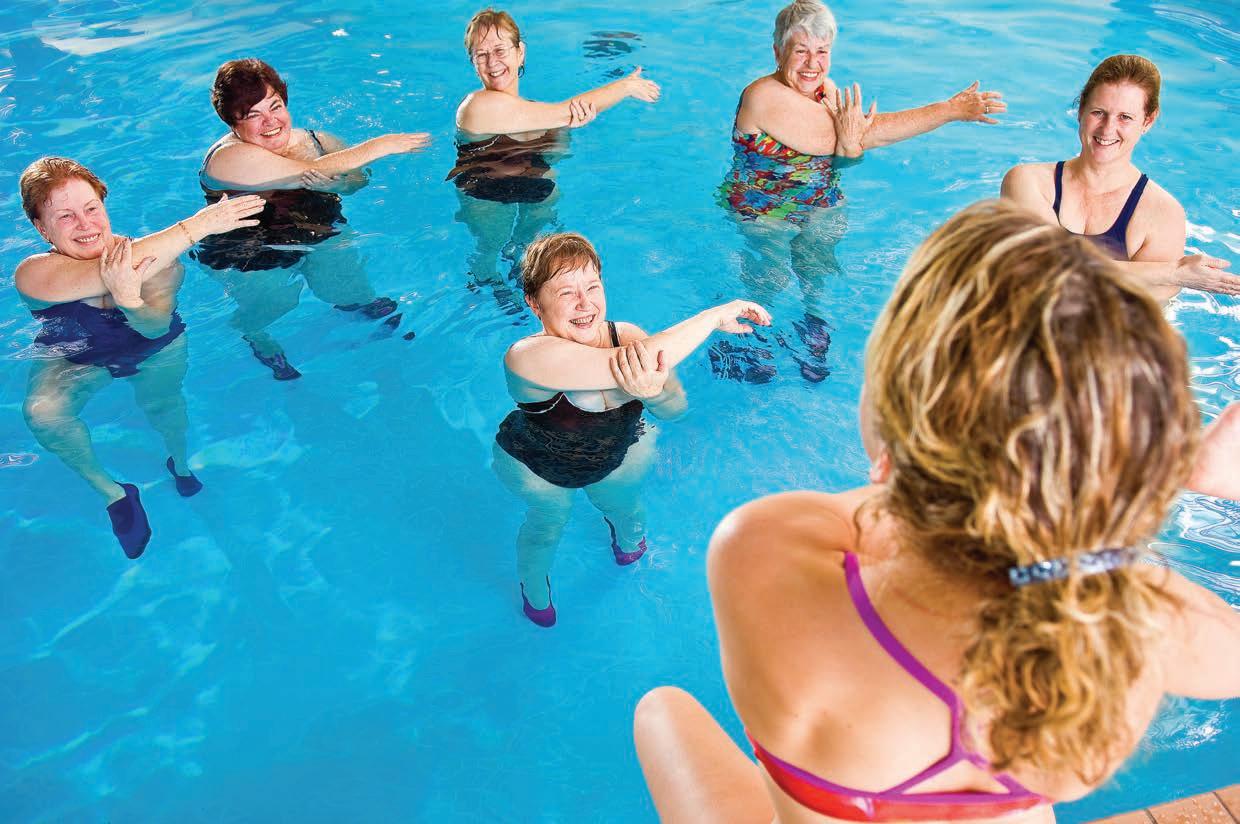
• Organize medical records. Seeing health pictured systematically and clearly can help you stay on top of appointments and wellness measures. There are many different organizing systems to embrace; find one that works for your needs.
• Declutter your home. Resolve to get rid of extraneous items that are no
longer serving a purpose beyond collecting dust. Having more room to move around can be safer, particularly if you need a cane or another assistive device, and there will be less to clean if you remove some clutter. If you plan to downsize soon, clearing clutter can make the move easier.
• Learn something new. A language, skill, or hobby are all within reach when you map out the steps to achieving your goal.
• Make new social connections. Caring Places senior communities indicates socially active older adults have better cognition and lower risks for depression than those who do not consistently reach out to friends. Aspire to make some new companions or to get back in touch with those you haven’t spoken to in some time.
Seniors can focus on key resolutions to make positive changes for the future.
When individuals retire, they not only walk away from work, but also relinquish thier steady paychecks. For many, retirement can be a potentially risky financial endeavor. Saving for retirement is a great way to mitigate such risk, but unforeseen expenses, such as medical bills, can quickly derail a retirement plan.
Many people have a greater need for medical care as they get older. The Fidelity Investments Retiree Health Care Cost Estimate indicates health care can be one of the biggest expenses a person will take on in retirement. The average 65-year-old couple who retired in 2021 in the United States can expect to spend $300,000 on health care and medical expenses during retirement. The financial resource The Street says other studies suggest it’s wise for retirees to plan to spend between $3,000 and $7,700 per year on health care.
Financial advisers warn that
relying exclusively on Medicare to cover health care costs isn’t going to cut it. Benefits under the Medicare program often aren’t enough to pay for all of a retiree’s needs. There may be gaps for chronic treatment of illnesses and specialty treatment for certain conditions. Long-term care services also typically are not covered. It’s important to note that Medicare will cover general doctor’s visits, but it does not cover the cost of deductibles or copays.
Individuals need to be proactive and plan for medical expenses in retirement. After housing, health care is the most significant expense for retirees. Health spending accounts and long-term health insurance are two options for people looking for ways to cover their health care costs in retirement.
As of 2022, people can contribute up to $3,650 for an individual or $7,300 for a family per year into a health savings account. After age 55, an additional $1,000 per year is allowed. Money in an HSA grows tax-free and it can be spent tax-free on

qualified medical expenses. Once a person has Medicare, he or she no longer is eligible to contribute to the HSA, but can use money already in the account to pay for qualified medical expenses that are not covered by Medicare.
Long-term care insurance is another option, and many people invest in such an account during their 50s or 60s. The earlier an individual enrolls in a program, the lower the premium. According to Personal Capital, most policies will not start until a patient has needed assistance for 90 days and other qualifying guidelines are met. Generally speaking, long-term care insurance also is use-or-lose. If there’s never a need to use the insurance, it will not be refunded. This is a risk that certain people are willing to take.
In addition to these options, people may consider gap insurance programs. When putting together a retirement plan, it can be wise to speak with financial advisers who can customize products based on their expected needs.
ir Winston Funeral Services International Inc. believes there is no greater responsibility than honoring, preserving story of one’s life. Whether you’re planning a funeral for a loved one, or making your own arrangements in advance, the celebration of a lifetime begins with compassionate funeral planners and attention to detail.

The director and staff at Sir Winston Funeral Services feel that funerals and memorial services should be as unique as the individual they honor. They help families create meaningful memorials to truly celebrate the life of their loved one.

Sir Winston Funeral Services International Inc.


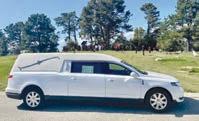

• Address: 515 Broadway St. Vallejo
• Telephone: 707-654-8197


• Website: www. sirwinston funeral.com


If you are choosing between a traditional funeral service or a passionate celebration of life or a mix of both, the staff at Sir Winston Funeral Services will guide you through the process and take care of every detail so you can focus on what’s important – remembering the special life of your loved one.


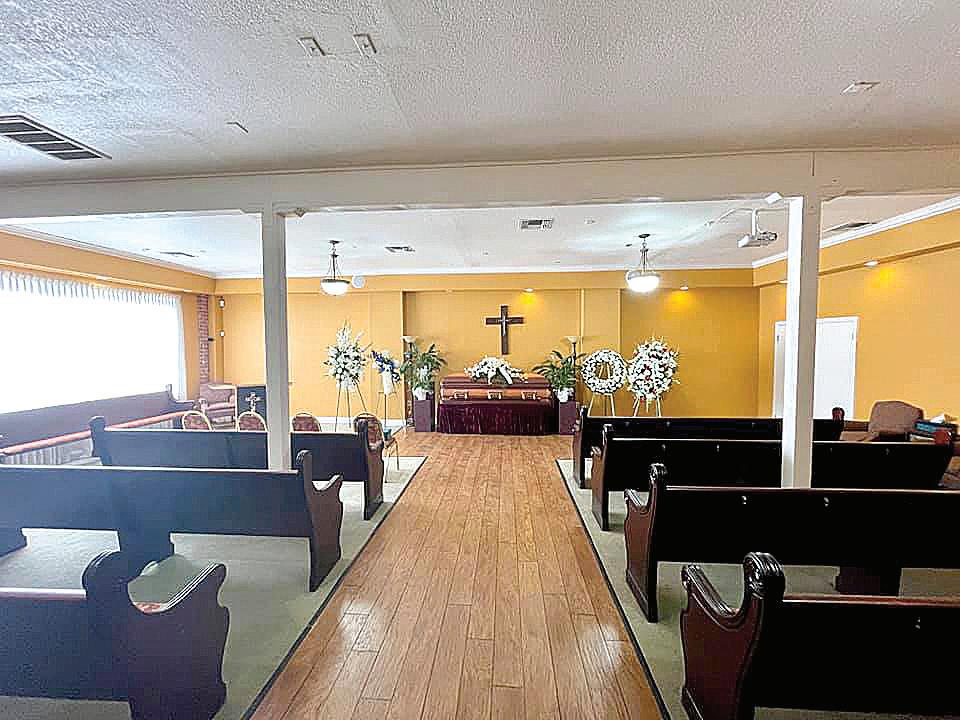
Older adults recognize the threat posed by cognitive decline, which can make it hard for individuals to live independently. According to data from the Max Planck Institute for Demographic Research published in 2020 in the journal Epidemiology, since the mid-1990s, rates of dementia cases in the United States have risen steadily. Since that time, the annual increase for men is 2.0% and for women it is 1.7%. Researchers concluded that, “undercovering determinants of increasing cognitive impairment risk should become a research priority.”
As doctors grapple with figuring out why dementia rates are growing, individuals can do all they can to help reduce their risk for serious cognitive decline. Some reduction in cognition is to be expected with age, but dementias, such as Alzheimer’s disease, should not be accepted as an inevitable side effect of aging. In fact, reading
more can help people keep their brains sharp.
Studies looking at the effects of daily reading activity on the risk of cognitive decline point out that reading does, in fact, make a big difference. According to research by Yu-Hung Chang, I-Chien Wu and Chao A. Hsiung, from the Department of Public Health, China Medical University and Institute of Population Health Sciences, a 14-year study of people aged 64 and above determined those with higher reading frequencies were less likely to have cognitive decline at 6-, 10- and 14-year interval measurements. This remained the same at all educational levels. The authors concluded that reading was protective of cognitive function later in life.
Dr. Wade Fish, Director at Northcentral University’s Graduate School, advises that reading can improve memory and concentration, and also relieves stress. Brain-stimulating
activities like reading have been shown to slow down cognitive decline in older age.

While reduction in cognitive decline is one benefit of reading, Psychology Today also reports that bibliotherapy, or the therapeutic use of select reading materials, can alleviate many different mental health challenges. It can improve one’s social cognition and ability to empathize with others. Reading also can be associated with a longer life. A cohort study drawn from the Health and Retirement Study (HRS) collected by the University of Michigan’s Institute of Social Research and supported by the National Institute on Aging found book reading was associated with a 20% reduction in mortality.
Individuals who want to live longer and reduce their risk of cognitive decline can turn to books. Reading every day can support positive health outcomes.

Vacaville Auto Body has been serving Solano County since 1994.
Owned and operated by Robert and Marlo Skinner, it truly is a family run business. With more than 40 years of combined experience, the team strives to repair your vehicle to its pre-existing condition while offering a lifetime warranty as long as you own your vehicle.
Vacaville Auto Body was voted No. 1 Auto Body Repair Shop in Solano County in the 2022 Readers’ Choice Awards.
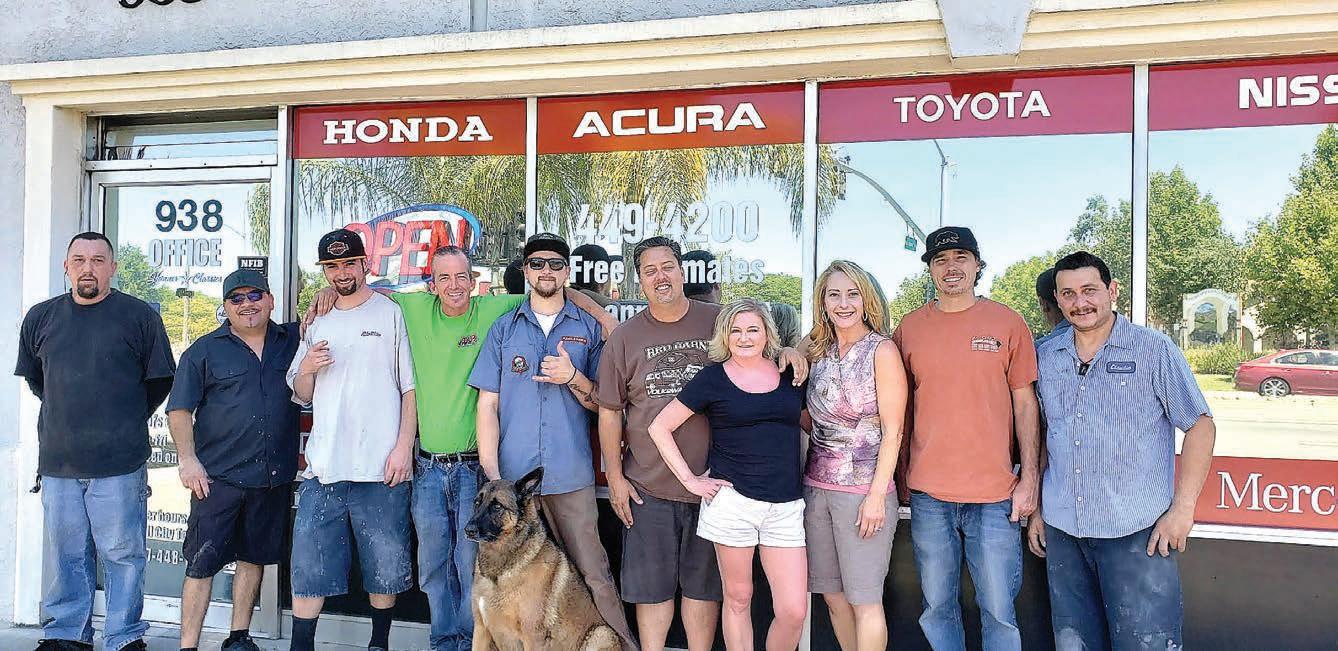
• In Vacaville: 938 E. Monte Vista Ave.
• Phone: 707-449-4200
• Website: vacavilleautobody.com
All of the technicians at Vacaville Auto Body are I-CAR gold certified, which requires yearly training for all the newest procedures in the industry.
Your car is one of your biggest investments and no one likes being in an accident. Rest assured the staff at Vacaville Auto Body strives to make the repair process as streamlined as possible.
The company offers a lifetime guarantee and works with all insurance companies.
Robert and Marlo Skinner remind Solano County residents that they have the choice in California to choose where they have their vehicle repaired, “so be sure to choose the best in the industry.”
The Skinners, along with their staff, want to make an unfortunate situation as easy as possible.
Vacaville Auto Body offers senior discounts, military and first responder discounts, and businessto-business discounts while also supporting a community they love.



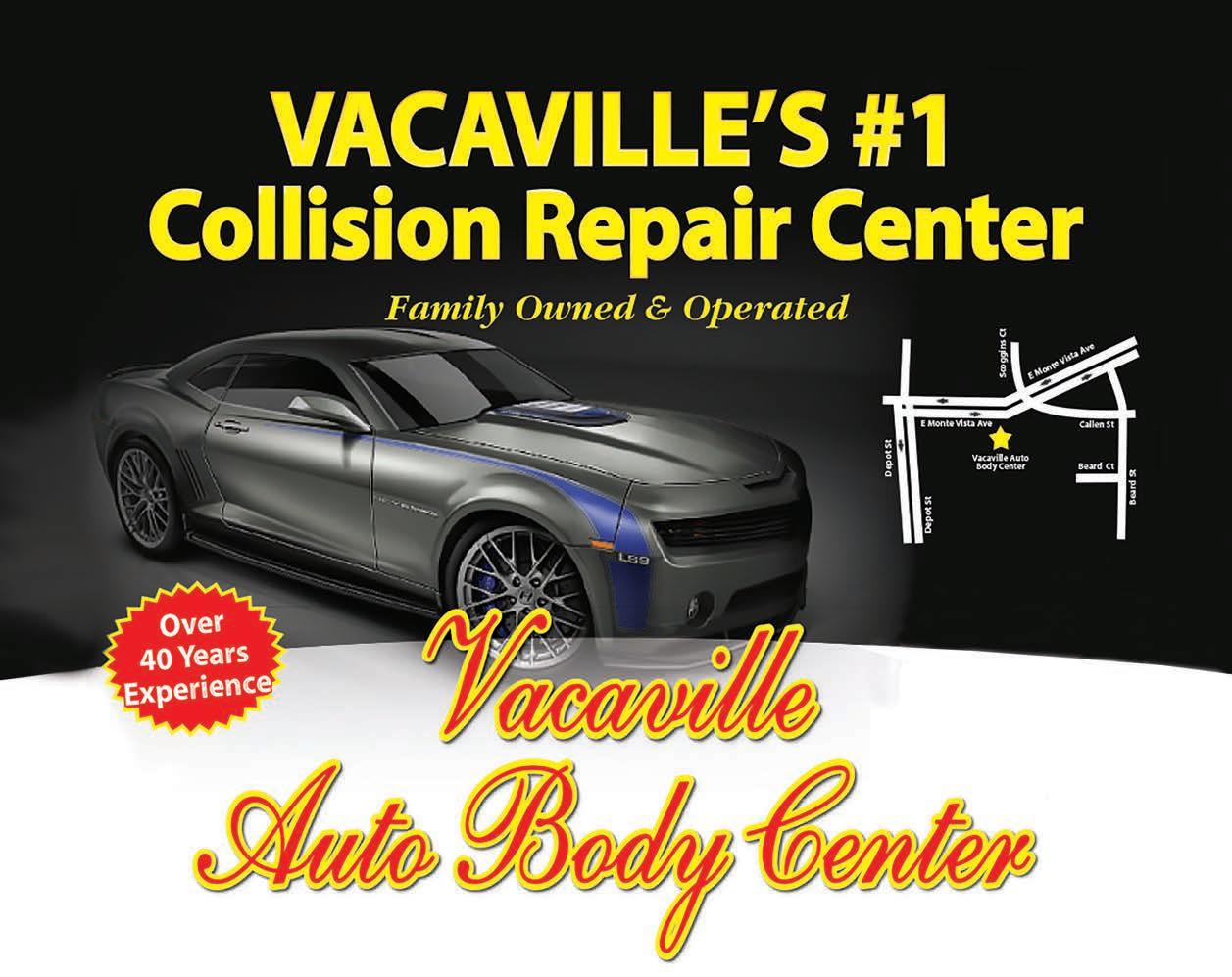

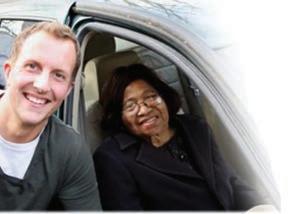
Faith in Action is a non-profit agency that serves some of our most vulnerable neighbors in need. Our mission is to promote the independence, end the isolation, and sustain the dignity of homebound seniors, age 60 and over, who live in Solano County. Volunteers are needed for the following services:
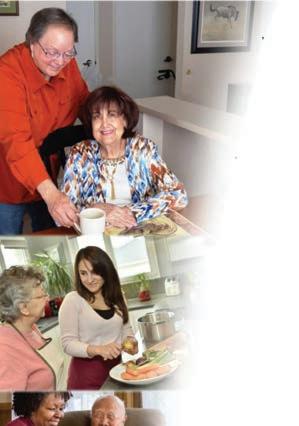
• Individual counseling offered in-home or by phone.
• Group counseling offered in-person or by teleconference.
• Designed for seniors who feel isolated or are living with grief, loss, stress, anxiety, loneliness, or depression.
Caregiver/Respite Program
• Friendly home visits.
• Phone reassurance.
• Door-through-door transportation.
• Respite for family caregivers.
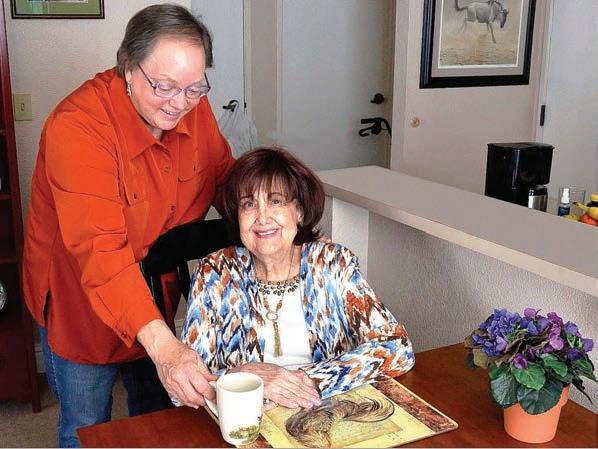
• Grocery shopping and errands, meal preparation, and business help.
• Rides to and from medical appointments, pharmacies, grocery stores, and other essential destinations.
In-home risk assessment.
Education and tips for physical activity to increase balance and mobility.
• Progress follow-up designed to reduce the occurrence of falls.
Join our Team!

Come along with us as we make the days brighter for seniors living in our local communities. Bilingual is a plus, but not a requirement.
Homebound elderly residents throughout Solano County often struggle to maintain their independence in their own homes. Unable to continue driving to get to medical appointments or even the grocery store, basic needs, which most people take for granted, are not always met. Some of these same neighbors are lonely and simply wish for friendly phone calls or a visit at home.
• Program office in Vacaville: McBride Senior Center, 91 Town Square Place; 707-469-6675

• Administrative office in Fairfield: 3303 Whitemarsh Lane; 707-425-6164
• Website: https:// www.faithinaction solano.org
Faith in Action, a local nonprofit agency established in 1998, matches volunteers to assist seniors during what can be a difficult stage in their lives. Volunteers give the gift of time on a weekly or biweekly basis each month, providing a variety of services. (See an outline of services in the ad on this same page).

In addition to assuring that the seniors the nonprofit serve are able to access what they need, Faith in Action’s volunteers provide a vital connection to the larger community. We all need a connection. We were not meant to live in this world in isolation. Faith in Action’s volunteers truly believe in the motto, “Leave no one behind.” Through their efforts, our seniors are given hope for another day.
If you have some extra time to give back to a senior in your community, come join our team. Be that special person in someone’s life. Call to volunteer. A neighbor’s independence depends on you.
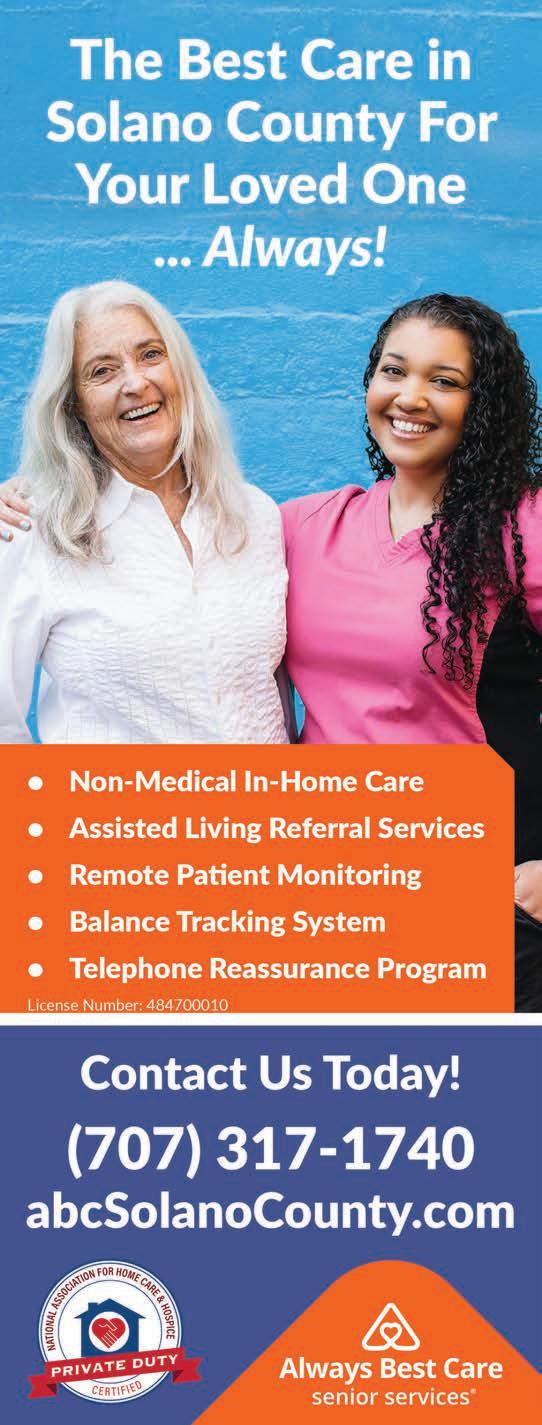










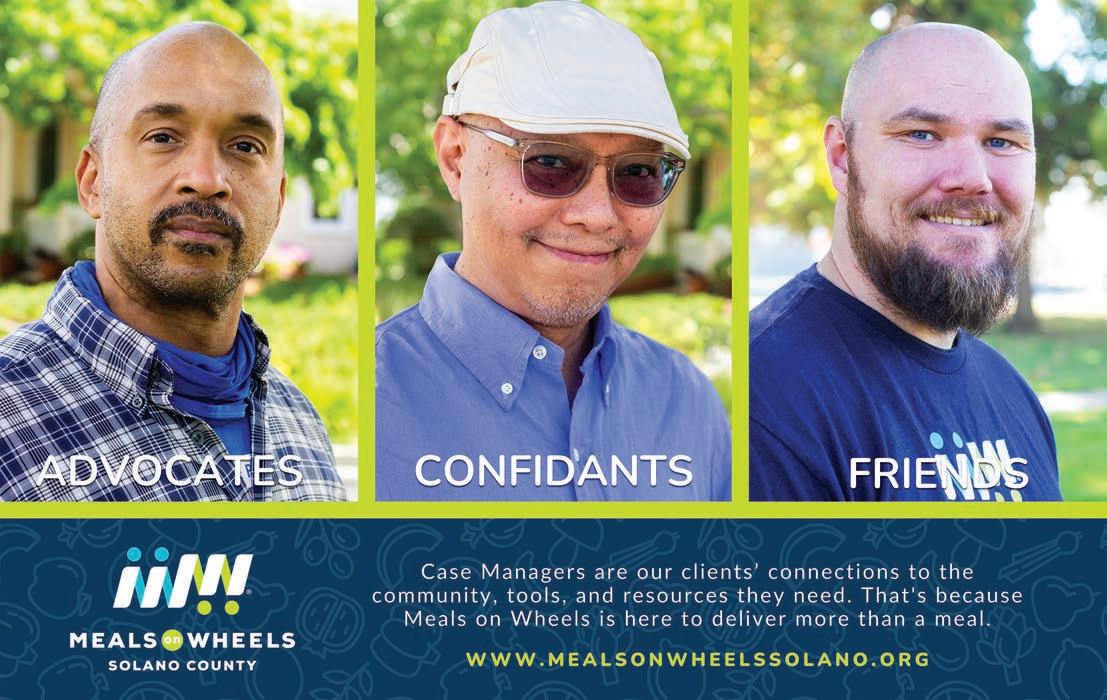
Meals on Wheels of Solano County delivers a difference to older adults in Solano County each and every day. Currently, there are more than 750 active clients receiving services such as meal deliveries, whether they be straight to their door or at our partnering congregate facilities throughout Solano County.
Every client with Meals on Wheels is unique. They have their own stories, needs and challenges. Much of the time, clients need help with more than just affording meals. With rising costs of living, lack of affordable housing and transportation challenges, older adults are finding it more and more difficult to remain in their homes and thrive.
The staff at Meals on Wheels understands how important it is to
• Main Office: 95 Marina Center, Suisun City
• Telephone: 707-425-0638
• Email: info@mowsc.org
• Website: mealsonwheelssolano.org
feel supported and have open access to and knowledge of the resources that help people age gracefully.
Meals on Wheels offers case management among its services. When seniors register for meals, a case manager is assigned to them. The case manager will perform a general intake to gather information so the agency may assist with the services that are available, and make referrals and connections to other resources. Meals on Wheels currently has three case managers: Keith Davis (Vacaville, Dixon, Suisun City), Eric Florendo (Vallejo, Benicia), and Keith Cawvey (Fairfield, Rio Vista). Their
work, however, provides more than just a meal.
These case managers have assisted in referrals for seniors in need of supportive services such as CalFresh, Medicare, transportation and even senior housing. The Meals of Wheels case managers also work hand-inhand with the agency’s Fall Prevention and PAWS coordinators to ensure all needs are met for each client.
Oftentimes, Meals on Wheels participants live alone and in isolation. Case managers serve as advocates, confidants, best friends and connections to the community for each client. These relationships and bonds are individual, special and essential to ensuring participants are safe, healthy and happy.
Meals on Wheels continues to make life better for seniors through its dedicated team of case managers on the front lines.











EPA studies indicate that indoor levels of many pollutants may be 25 times and occasionally more than 100 times higher than outdoor levels. In general, indoor air is four to five times more polluted than outdoor air.
• The EPA ranks air pollution among the top five environmental risks to public health.

• 87% of American homeowners are not aware that pollution may be worse inside their homes than outdoors.
• About 40,000 dust mites, a common cause of household allergies, can be found in only one ounce of dust.
• Most homes generate about 40 pounds of dust per year for every 1,500 square feet of space.
• Because they breathe faster than


adults, children inhale 50% more air per pound of body weight than adults and are especially sensitive to air quality problems.
• The World Health Organization estimates that approximately 30% of newly constructed and remodeled facilities have indoor air quality problems.
• Many ordinary activities such as cooking, cleaning and redecorating can spread indoor air pollutants.
• Even a spotless home can allow indoor pollutants to flourish. Bathrooms, damp basements and even
• In Vallejo: 1768 Broadway St.
• Toll-free: 888-421-2473
• Vallejo telephone: 707-645-0734

• Fairfield telephone: 707-421-8782
• Website: www.A-1Guaranteed.com
carpets and furniture are often the prime causes.
• According to a study by the Commonwealth of Massachusetts, indoor air contaminants are responsible for half of all illnesses.
If you suffer from allergies or asthma, call A-1 Guaranteed today and see how a new air cleaning system can remove up to 99.98% of all airborne allergens, helping your family breathe better. Call A-1 Guaranteed Heating & Air Inc. today to speak with one of our friendly, customer care professionals.



The idiom “kick the bucket” is a euphemism for passing away that does not paint such a rosy picture if you consider its origins. However, the phrase “bucket list,” though undeniably related to “kick the bucket,” definitely sheds a brighter light on the topic of mortality.
A bucket list is a plan for living life to its fullest and prioritizing opportunities to engage in all sorts of activities. A bucket list can be made at any point in life and is not exclusive to individuals facing their own mortality. Here are some tips for putting bucket list plans into action.
• Stop and think about what you really want to experience in your lifetime. Leave factors like money or proximity out of it. No ideas are
off-limits. This is your opportunity to brainstorm, and nothing is too crazy or silly.
• Write the bucket list in a comfortable or inspiring place, which may help ideas flow more freely. The place might be a cozy nook at a bookstore or a quiet spot on the beach.
• Choose things that are meaningful to you as well as ideas that are frivolous and fun. Make your list a mix of each, and don’t take yourself too seriously.
• Divide the bucket list by time. Are there items you can check off in a particular season, such as skiing the Alps? If your bucket list involves moving to a bustling city, determine if you’d like to do that after your children have reached adulthood or if you want to expose them to city life as youngsters. Categorizing the list by
periods of your life can make it easier to prioritize certain activities over others.
• Determine if each bucket list activity will be a solitary or joint pursuit. Various activities are more enjoyable when shared with others, but some you might be more inclined to do alone.
• Set aside a budget for funding bucket list activities. Bucket lists may include some costly activities, so start saving now so money does not stand in your way. Open a savings account specifically for funding bucket list excursions and set up automatic deposits.
Bucket lists can encourage people to live life to the fullest and it’s never too early to get started on a list of your own.

711 Jefferson St., Suite 102, Fairfield, CA 94533




Disability lawyer, Kay Tracy, Esq, is no long with the LA firm Health Advocates/Leibovic Law Group LLP. Her office is at the same convenient location as it has been since 2013: 711 Jefferson Street, Suite 102 (First Floor), Fairfield, CA 94533 You will receive the same individualized, client focused service.
Phone: (707) 387-1188 FAX: (707) 387-1026 Email: KTracy@lawyermakesdisabilitypay.com DISABLED AND CAN’T WORK? DISABLED CHILDREN?
May, Spiderman: No Way Home (2021)

This is an advertisement. It does not create an attorney/client relationship because it is an advertisement regarding available legal services. Free consultation. No fee unless we win. Ms. Kay Tracy, Esq. was licensed by the Nebraska State Bar Association in 1985. is a member of the 8th Court of Appeals since 1985; the 9th Circuit Court of Appeals as of 2013 and the United States Supreme Court Bar Association as of 1988. Ms. Tracy practices before the Social Security Administration exclusively; and has since 2004.

Kenwood Hearing Centers in Fairfield has been helping people in the North Bay improve their lives through better hearing for more than 60 years.

The company has six conveniently located offices with professionally trained audiologists and hearing specialists to provide customers with the very best care. Kenwood is family owned and operated and treats each patient as if they were family, too.
Kenwood Hearing Centers


• In Fairfield: Blvd., Suite 140
• To schedule an appointment, call 707-766-0782.
Kenwood Hearing Centers offers a complete suite of hearing care services, including hearing testing, hearing aids, repair, custom earplugs and more. If you need a hearing aid, how can you know which one is right for you? With Kenwood’s Hearing Aid Test Drive, you are able to try out different
Visitors to the Fairfield office will see the smiling faces of Hearing Aid Dispenser Deb Davis and Patient Care Coordinator Tanya Drummond.
Davis has lived in Solano County for almost her entire life and loves the people and places of Northern California. She has a keen eye for design, a genuine love of people and a deep technical knowledge of the hearing aid fitting process.
With attention to detail and a desire to make a difference, people can be assured that they will feel comfortable with her expert advice.


Giving to charity can be a rewarding endeavor that makes a difference in the lives of people in need. Many people donate throughout their lives, and some people may want to impart a more lasting legacy by continuing to support a charity even after they have passed away.
Incorporating a charity into an estate plan is a great way to continue giving after you pass away. Individuals may not know how to make charities beneficiaries in their wills. A financial planner, attorney or accountant can answer the more complex questions individuals have about naming charities as beneficiaries in a will. In the meantime, this general

guide can serve as a solid foundation for individuals who want to give back in their wills.



Most people think of beneficiaries as loved ones, but a beneficiary can be any person or entity one chooses to leave money to, including nonprofit organizations. It’s relatively the same process to name a charity as a beneficiary as it is an individual.
According to the resource Trust & Will, first identify the charity that will be supported, including getting its Employer Identification Number or Taxpayer Identification Number. Next, determine which type of gift to make, which may be a predetermined financial contribution, a gift of property, or other assets like stocks. For large donations like real estate or



cars, it may be best to contact the charity in advance to ensure they are able to accept such gifts. Finally, be sure to include your wishes in an estate plan. A qualified attorney can help clients draft a will that spells out their wishes in detail.
Keep in mind that charities also can be named as beneficiaries on life insurance policies or individual retirement accounts. They also can be listed on bank accounts. Again, people are urged to discuss all options with estate planners to ensure their plans fully reflect their wishes.

When naming a charity as a beneficiary, it can be wise to inform family members and other beneficiaries so no one is caught off guard upon your death. This way the charitable gift is not held up by delays in executing the will.
I understand every client is different and a one size fits all approach doesn’t work for everyone. I listen to you and help you select a plan that fits your life.
Contact me to set up your no obligation, no cost appointment.
first word to come to mind when individuals consider their bathrooms, but perhaps it should be? After all, the Centers for Disease Control and Prevention reports that each year more than 1.5 million aging adults visit emergency rooms for fall-related injuries, many of which occur in the bathroom.
Many falls and spills that occur in the bathroom can be prevented. Seniors or their loved ones can make some minor adjustments to bathrooms so falls are less likely to happen.
• Install grab bars in the shower and bath and elsewhere, as necessary. Grab bars make it easier for aging men and women to get into and out of the shower or the tub by giving them something to hold onto. This can be especially helpful for seniors who must step up and over their tubs to bathe. Though they’re primarily used in showers and tubs, grab bars
their toilets. AARP notes that sheltering arm grab bars provide the best support around toilets. Such grab bars come around both sides of the toilet and look similar to armrests.
• Install LED lighting. Poor lighting in a bathroom can make it hard for seniors to see, which can make them more vulnerable to slips and falls. That’s especially so for seniors who find themselves making frequent bathroom visits overnight. Even bathrooms with seemingly adequate lighting may be dangerous if they feature dated light fixtures that rely on incandescent bulbs to light the room. Incandescent bulbs burn out with greater frequency than LED alternatives, which can last for years. The longer bulbs last, the less often seniors need to change them, which also reduces their risk for injury. In addition to replacing traditional fixtures with LED alternatives, individuals can plug in LED night lights that make it easy to see when
Non-slip bath mats often utilize rubber-backed liners to ensure the mats stay put even when floors get wet or damp from condensation after a hot bath or shower. Non-slip mats can be placed where individuals will enter and exit the shower and even by the toilet and sink so individuals always feel steady on their feet.
• Clean bathrooms regularly. Bathroom surfaces can grow slippery from soap scum, condensation and previous spills. Prompt and routine cleaning can reduce the likelihood that seniors will fall in their bathrooms. Seniors who have difficulty keeping up with household cleaning can hire a cleaning service or ask a younger relative to help them keep their bathrooms clean and safe.
Seniors can fall anywhere in a home, but may be more likely to do so in a bathroom. Various measures can help make bathrooms safer for aging individuals.
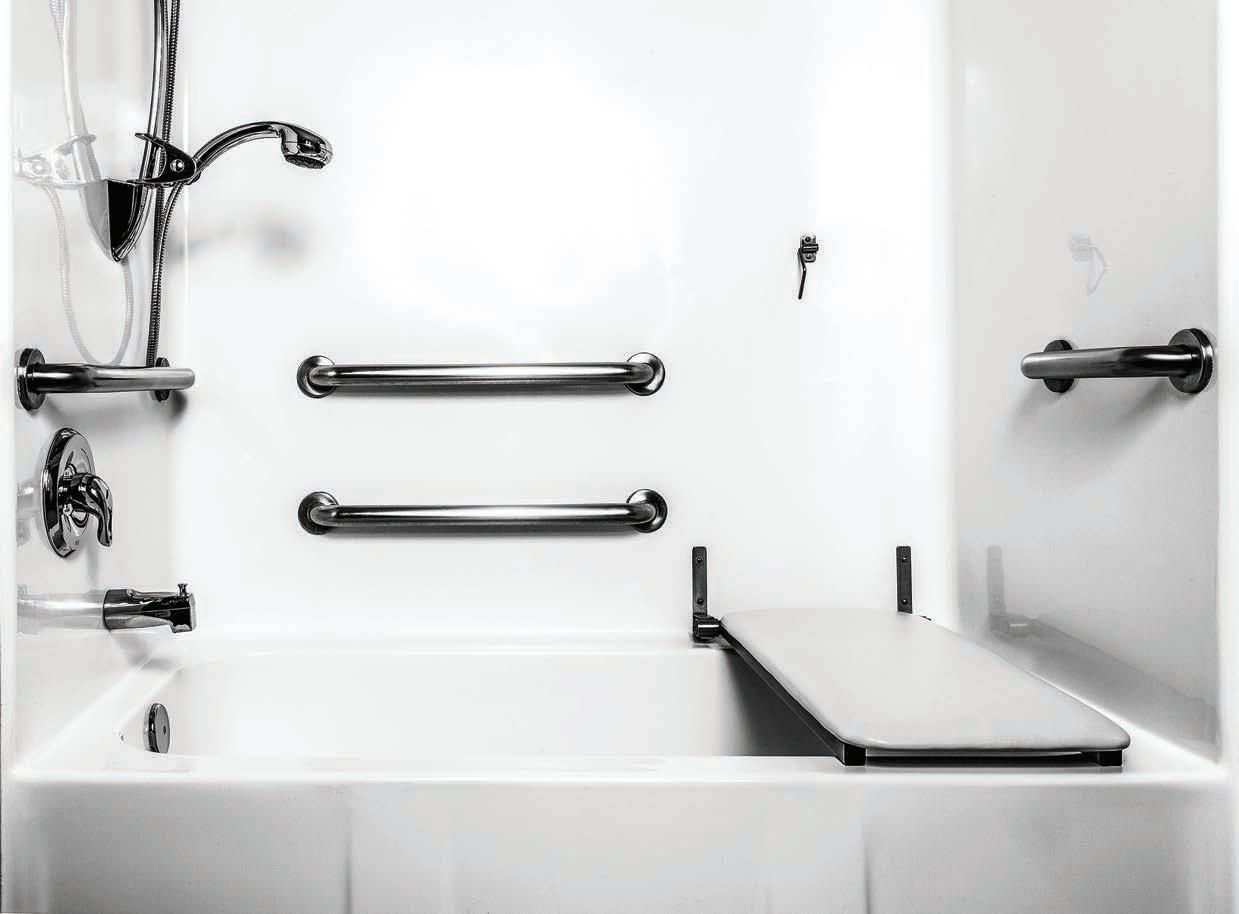
I have a so spot for the elderly. My grandmother took care of me from the time I was 5 years old. Immigrating from Spain, she didn’t get her drivers license until she was 56 years old, so every day she would walk 2 miles to pick me up from school and we would walk 2 miles back home. During that time we’d have long talks, learn songs, play games, etc.
As I got older and didn’t need to be picked up any more, I still hung out with my grandma simply because she was my best friend. She was the feistiest, funny and warmest person. One of the most telling signs of her impact was that even into her 90’s all of the grandkids and great grandkids were at the house hanging out. at says a lot for her! She was still young even though her body was old. I was with her for her last breath at 96 which is one of the best experiences I could’ve had with her.
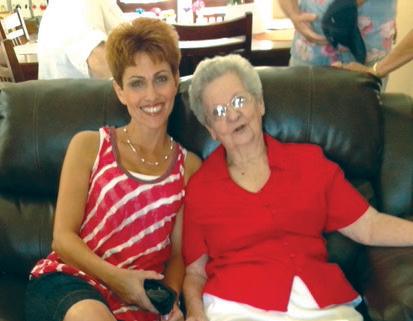
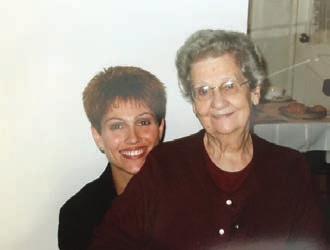
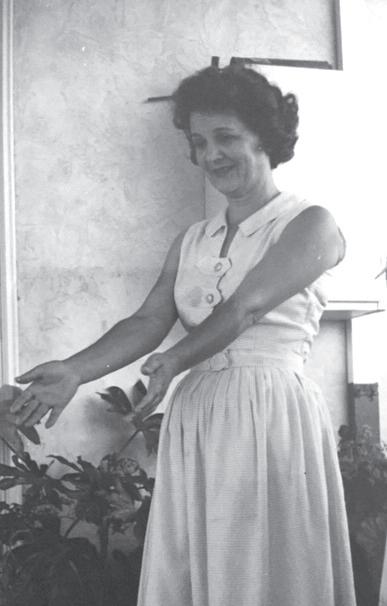
Because of her, I have a deeper understanding and respect of our elderly. O entimes we focus on children during the holidays (or any other time of year) , which is very




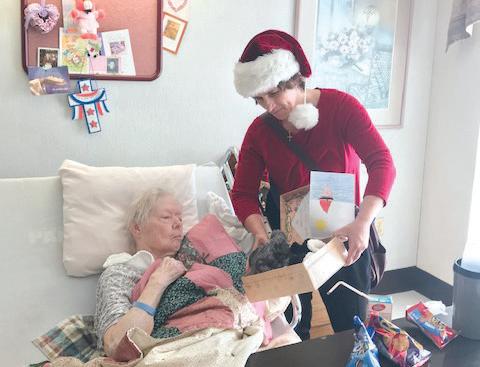
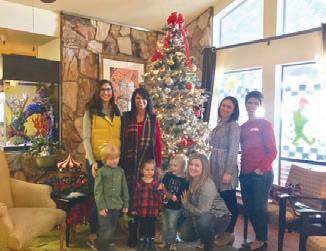
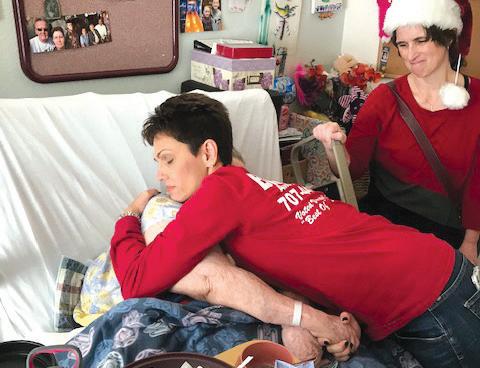

important. However, our elderly are so o en forgotten. In their nal years especially, this is our last chance to show them our respect, admiration and love for the life they’ve lived. I’m still surprised at their inner child and their playfulness. ey just need a little company!
Each year, we adopt a care home and visit each resident, bring them a gi , and sing a carol. We take a few moments with each of them to give them a hug, share a story, a joke and a smile. To see their face light up is so upli ing. e love and gratitude they return to us far outweighs what we could ever give to them.
It’s by far the best experience I look for ward to ever y year!
Various changes to appearance and health are associated with aging. Issues such as diminished vision, waning muscle strength and gray hairs are among the more common and noticeable side effects of aging. Cognitive decline is another symptom often associated with aging, even if that needn’t be the case.
Certain lifestyle choices can protect against cognitive decline and dementias. While there is no surefire way to prevent dementias, here are some good habits for maintaining cognitive function well into your golden years.
Harvard Health reports that exercise, in addition to the many other benefits it provides, may help improve cognitive function in people who have already experienced memory issues. Exercise may be particularly advantageous to people
who carry the APOE4 gene variant, which makes people more susceptible to Alzheimer’s. Speak with a doctor about how much exercise is needed and what is safe for your age.
Playing a favorite video game may improve long-term cognitive function. Researchers at Cambridge Brain Sciences found study participants who played non-cognitive-training video games were associated with better performance in several cognitive domains, but only for younger (age 18 to 64) participants. Cognitive training games, on the other hand, were not associated with any cognitive improvement.
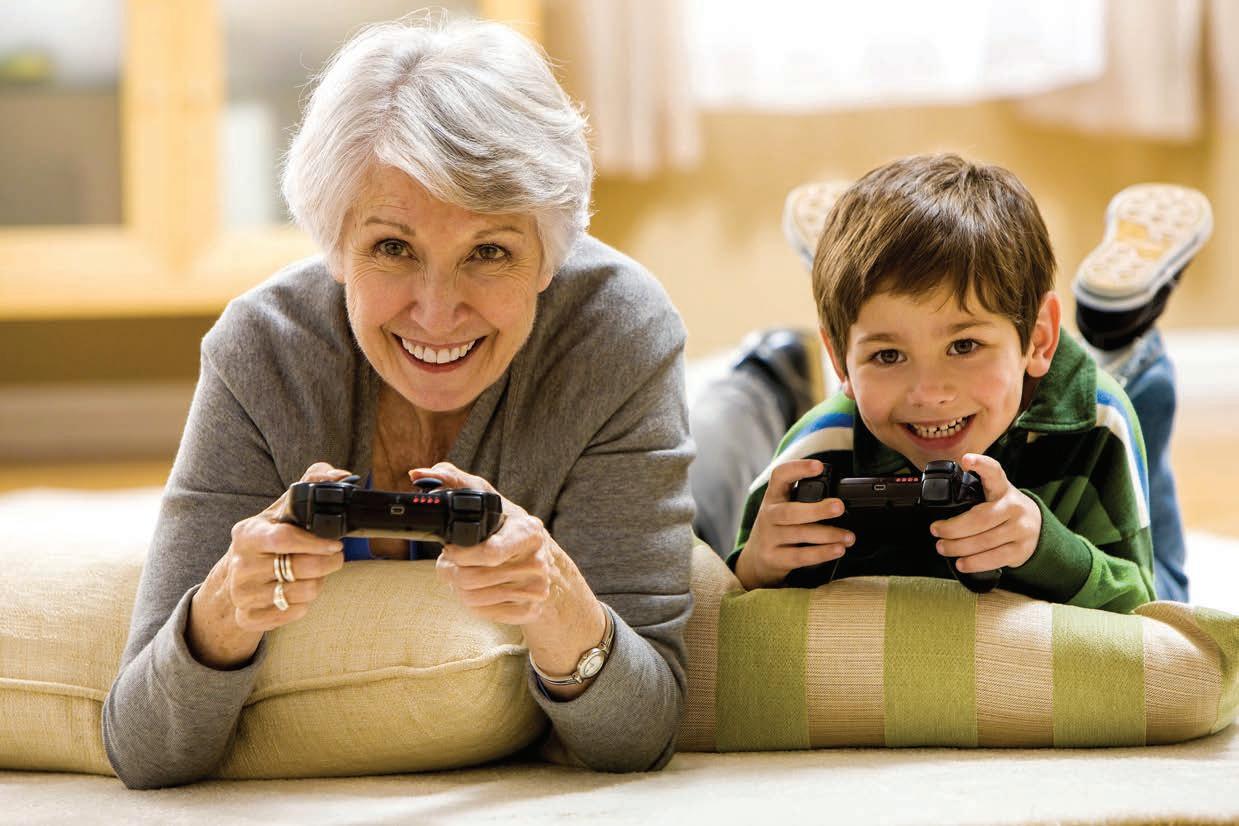
According to a study published in the journal Experimental Aging Research, seniors who have high levels of social engagement also have better cognitive function. Getting together with friends, participating in
a club, attending religious studies, and any other activity that gets you out with other people can help with cognitive function.
Eating a diverse array of healthy foods is beneficial. Nutritious diets can help reduce the risk for illnesses that may affect cognitive ability. Eating well also helps keep the brain healthy. A Mediterranean diet appears to lower the risk or slow the progression of dementia in people who have the condition.
Lack of sleep can affect memory and learning. By getting help for sleep disorders, you may reduce your risk for cognitive issues.
While it is not possible to prevent or cure cognitive conditions like dementias with lifestyle changes, certain behaviors can lower the risk of developing these illnesses or reduce their severity.

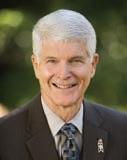



















Eyesight often isn’t fully appreciated until it begins to diminish. Starting in one’s thirties, if not earlier, a person’s vision may start to be less sharp. Items at a distance or up close may be more difficult to discern, and if prescription glasses or contacts are worn, that prescription may need to be adjusted more regularly. However, there are some eye conditions that are not entirely a result of aging. Glaucoma is one of them.
According to Johns Hopkins Medicine, glaucoma is a chronic, progressive eye disease that occurs when the optic nerve is damaged. Glaucoma is the leading cause of irreversible blindness and usually occurs when an abnormality in the eye’s drainage system causes the aqueous humor fluid in the eye to build up, sometimes leading to excessive pressure that impacts the optic nerve. The optic nerve connects
the retina with the brain, sending vision signals. Damage to the nerve can cause loss of eyesight. While pressure is largely to blame for glaucoma, glaucoma can occur even if eye pressure is normal.
Glaucoma is often a silent condition. The Mayo Clinic advises that many forms of glaucoma have no warning signs. With effects so gradual, no changes in vision may be noticed until the condition is in its later stages.
This underscores the importance of getting regular eye examinations that will include measurements of the pressure in both eyes, says the Glaucoma Research Foundation. Glaucoma caught early can be slowed down or even prevented before it becomes severe. Lifelong treatment and monitoring will be needed after diagnosis.
There are different types of glaucoma. The most common is openangle glaucoma, which occurs after the clogged fluid does not drain
properly. Angle-closure glaucoma, also called closed-angle glaucoma, happens when the iris is very close to the drainage angle in the eye and the iris blocks the drainage angle. This results in an acute glaucoma attack. Some people have normal tension glaucoma, in which eye pressure is in normal range but there are signs of glaucoma. These individuals’ optic nerves may be more sensitive to pressure than others’ and will have to be monitored.
Certain people are at a greater risk for developing glaucoma than others. Individuals over 40; those with a family history of glaucoma; people of African, Hispanic or Asian heritage; people with high eye pressure; those who have had an eye injury; and individuals who use long-term steroid medications are at increased risk. Other factors also affect glaucoma risk.
Glaucoma should be discussed at routine eye wellness visits to prevent lasting vision damage.






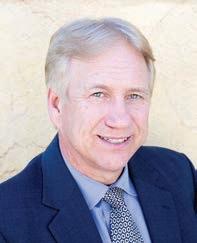

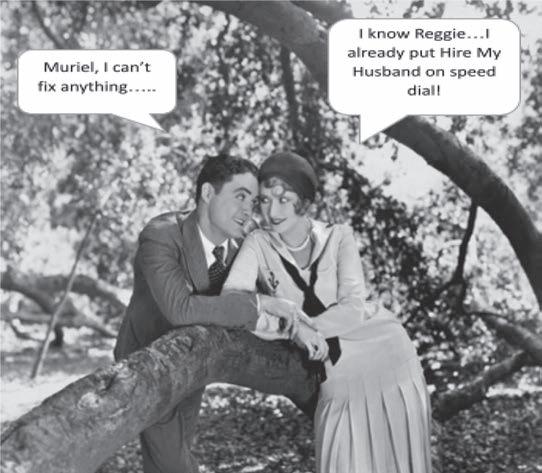



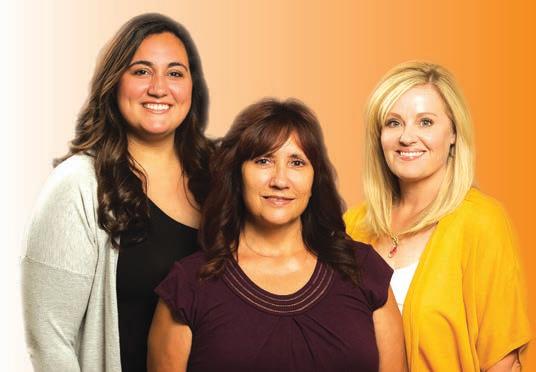








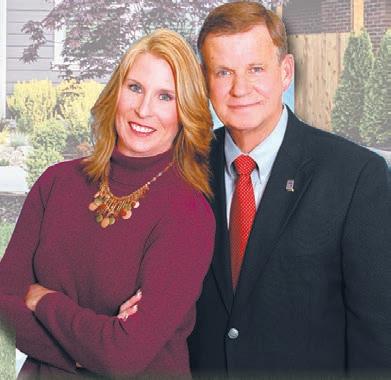
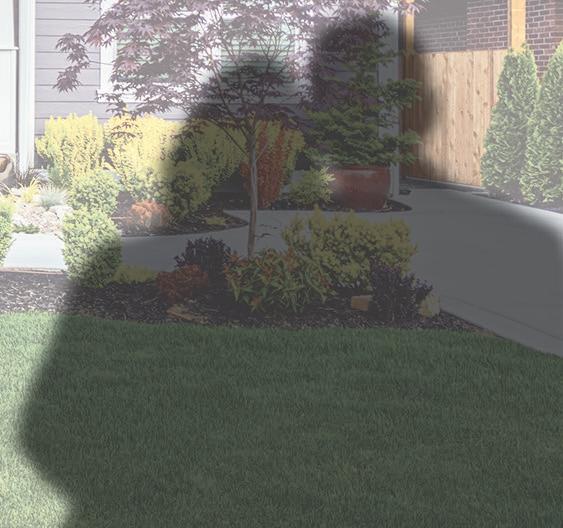














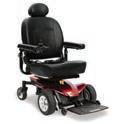
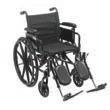

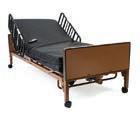
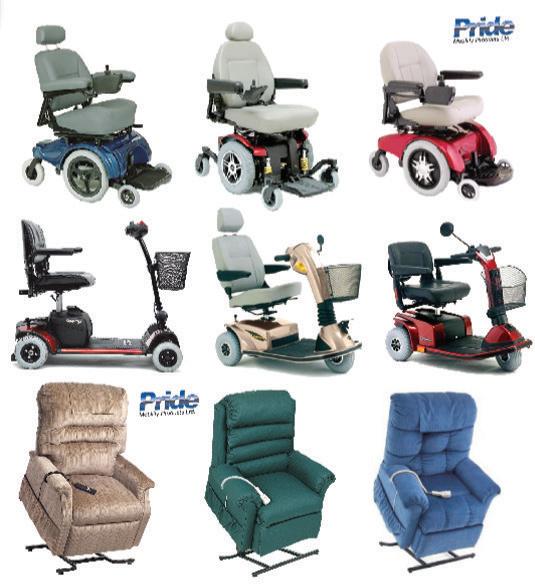




Interested in the medicinal benefits of cannabis? Not sure where to start? No problem. Dixon Wellness Cannabis Collective is here to help.
The welcoming staff is fully trained in all aspects of cannabis to be the most informative on what products the company has to offer to its customers.
There are so many options available to a cannabis consumer, it can become extremely overwhelming. The staff is there to help people answer any questions they may have. The staff has been able to help many customers, from trying their very first cannabis gummy for sleep
to someone who has been accompanied with cannabis for years.
The Dixon Wellness staff will take the time to meet with each customer individually to give them the privacy they deserve and the chance to have a conversation as to why they are interested in using cannabis. The staff is there to provide a safe and
positive atmosphere for customers to help them through their healing process.
“We want our customers to feel as though they are part of our family when they come to Dixon Wellness,” owner Haley Andrew says. “Our customers need to be able to trust our staff and their recommendations on cannabis.
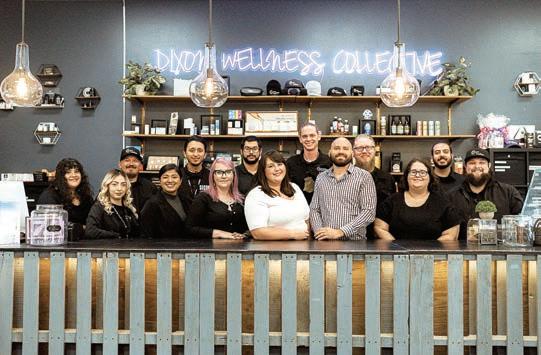
• In Dixon: 1150 N. First St., Suite B
• Hours: 9 a.m. to 9 p.m. Monday through Sunday
• Phone: 707-640-1147
• Email: dixonwellness collective@gmail.com
• Website: www.dixon wellnesscollective.com
Cannabis dispensaries can be scary to some and we are consistently trying to help our customers feel at ease when shopping at Dixon Wellness.”
Dixon Wellness, which opened its doors in 2018, is open from 9 a.m. to 9 p.m. daily and is located in the heart of Dixon.
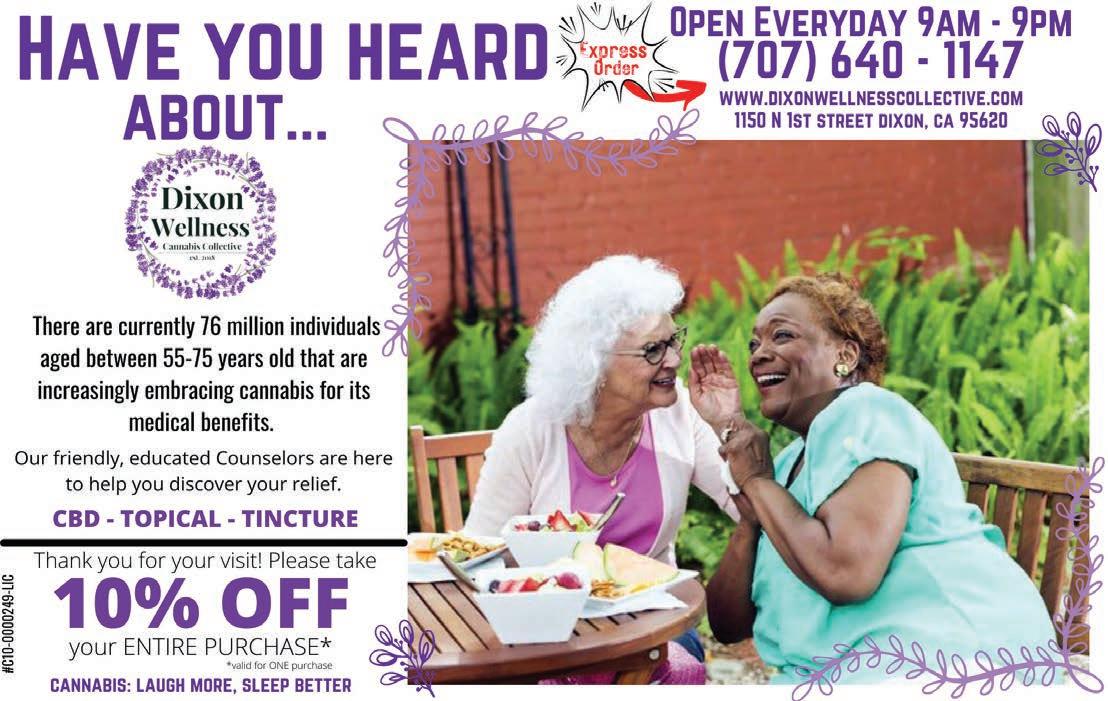
It’s not uncommon for aging individuals to feel less comfortable driving as they approach their golden years. Whether it’s glare from LED lights, aches and pains that often accompany aging or age-related vision issues, older drivers’ comfort behind the wheel can be compromised by a host of variables.
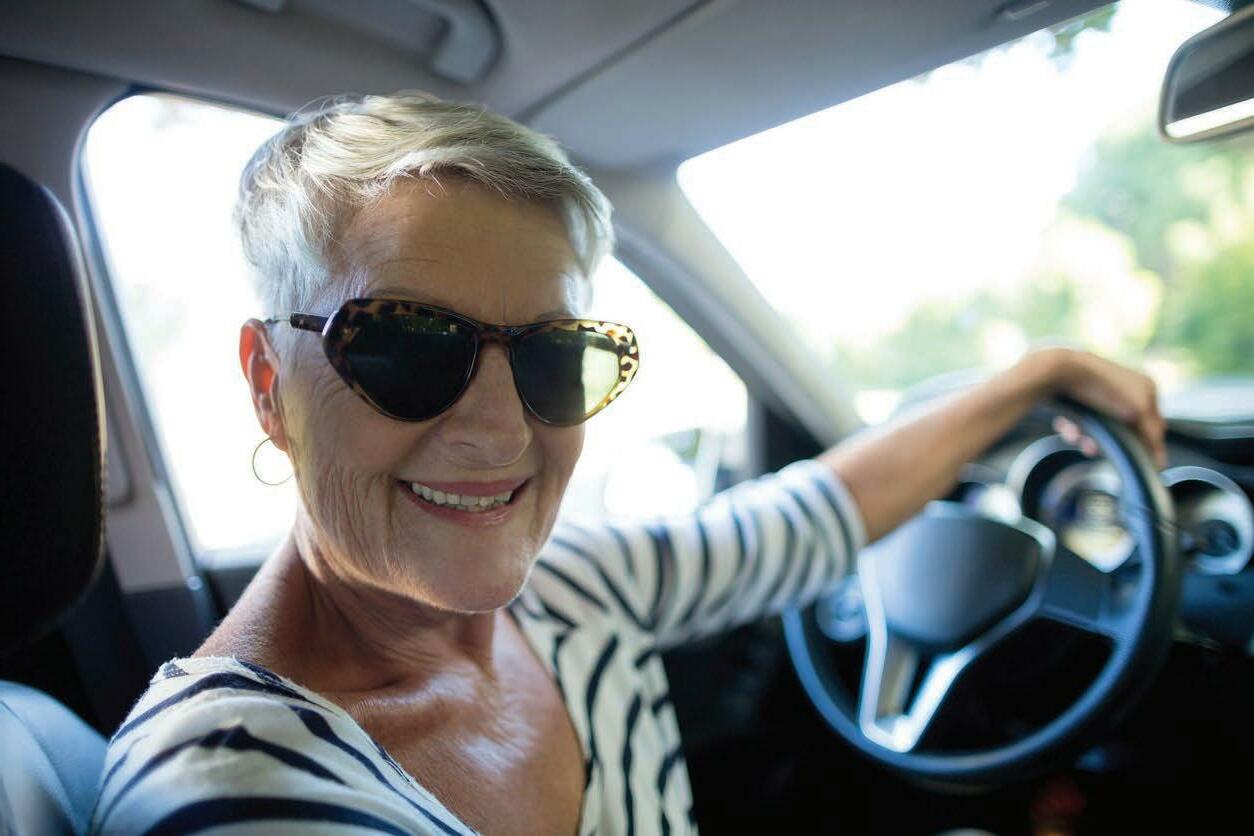
Though older drivers cannot reverse the aging process, they can try various strategies to make themselves more comfortable behind the wheel.
• Share driving duties on long trips. The National Institute on Aging notes that stiffening joints and weakened muscles are a common byproduct of aging. In addition, the Arthritis Foundation notes that more than one in two men and two in three women over age 65 have arthritis, which also can make driving less comfortable. Age-related aches and pains and arthritis can make it very uncomfortable to drive for lengthy
periods of time when drivers are sitting in roughly the same position for the duration of their trip. In such instances, drivers can share driving duties to make long trips more manageable.
• Upgrade to a vehicle with modern amenities. Various amenities in modern vehicles make driving more comfortable for everyone, especially individuals with agerelated aches and pains. Heated seats and in-car climate control can help reduce the discomfort caused by aches and pains and ensure drivers and passengers can tailor the temperature in the vehicle to their own preferences.
• Protect your eyesight. Much of the discomfort older drivers experience behind the wheel has to do with eyesight. The NIA urges individuals 65 and older to see their eye doctor every year. Such visits can ensure prescriptions are current and that can make drivers more confident in their ability to see everything on the road.
Drivers also can speak to their eye doctors about night driving glasses, which are designed to help nighttime drivers overcome glare from headlights and street lamps.
• Drive more defensively. A greater emphasis on defensive driving also can help aging drivers feel more comfortable behind the wheel. The NIA notes that reflexes naturally slow down as a person ages, which adversely affects older drivers’ reaction times. Drivers can counter this by leaving more space between their vehicles and the one in front of them. Braking earlier and avoiding driving during times marked by heavy traffic, such as rush hour, also can help drivers feel more comfortable.
It’s natural for aging drivers to feel less comfortable behind the wheel than they did when they were young. But drivers can take various steps to increase their comfort levels so they can stay on the road.

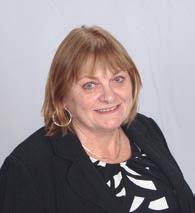






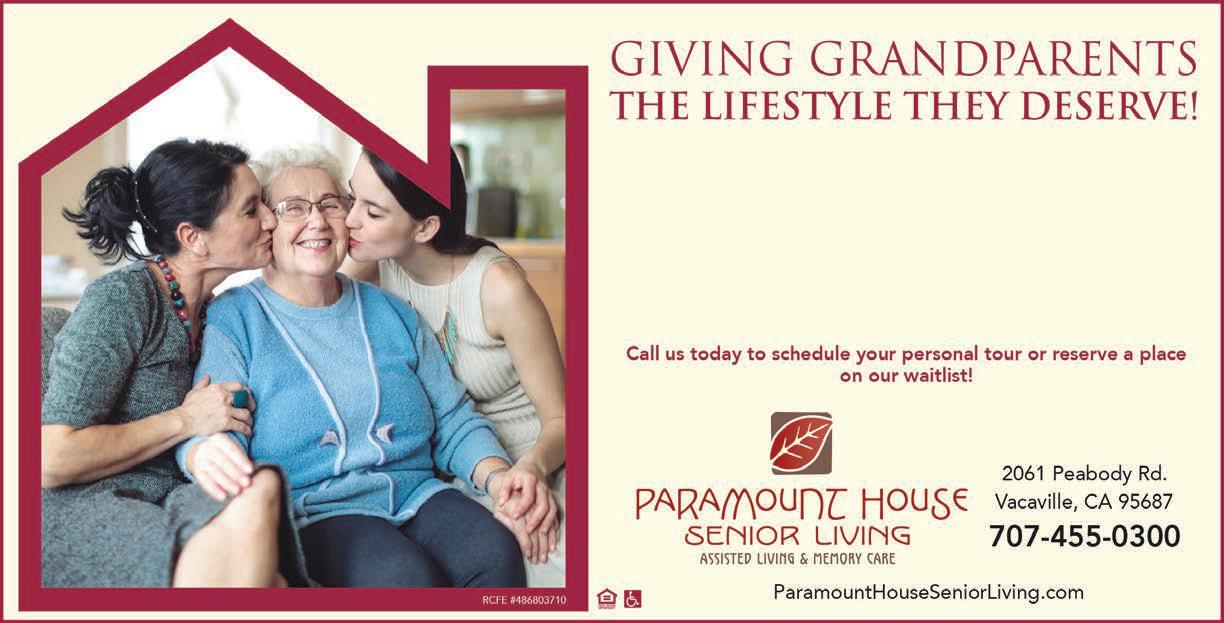 DAILY REPUBLIC STAFF
DAILY REPUBLIC STAFF
Paramount House Senior Living offers both assisting-living and memory care options for residents in a setting that offers studio, one-bedroom and two-bedroom apartments.
People who live there remain active, eat, laugh and live while knowing someone is always nearby to lend a helping hand, 24 hours a day.
Staff members at Paramount House seek to create a comfortable environment that offers all the advantages of independent and assisted living coupled w ith the comfort that comes from knowing care is available 24 hours a day, seven days a week,
Paramount House Senior Living
In Vacaville: 2061 Peabody Road Phone: 707-455-0300 Website: Paramount HouseSeniorLiving.com
whenever it’s needed.
Residents enjoy all the benefits of living in an active, involved community without the hassles and responsibilities of owning a home. Apartments are designed with residents’ needs in mind to provide a home-like atmosphere within a greater community of caring.
But the apartments and indoor amenities are just part of the story. Paramount House is aptly named, surrounded by beautiful,
peaceful courtyards throughout and a park-like setting ideal for outdoor activities and other recreational and social events. The courtyard has comfortable benches that offer residents an opportunity to visit with friends and families or provide quiet spots for relaxation and reflection.
A free support gathering led by Hollie Kemp is designed for family and friends of individuals who are experiencing memory loss and/or need assistance. The session starts at 11:30 a.m. at Paramount House the second Tuesday of each month and may be watched at home via Zoom. Monthly topics vary.
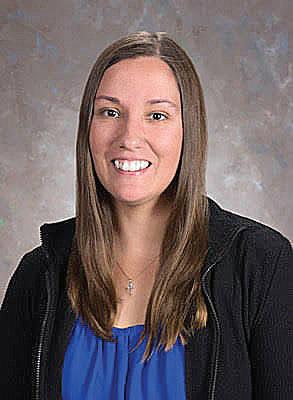
Those who wish to attend must RSVP and sign up for the gathering ion advance.
Enhance the quality of your life within a community of caring, with services, amenities and programs that empower residents to maintain their independence.
Enjoy a variety of music, entertainment & activities through our Live Intentionally Program
Call us today to schedule your personal tour or reser ve a place on our waitlist!
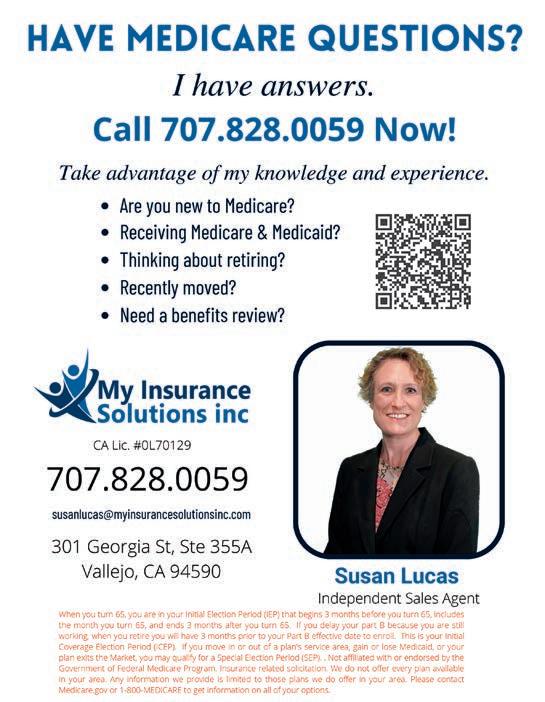



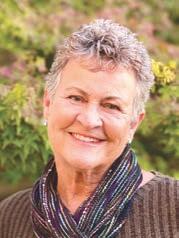



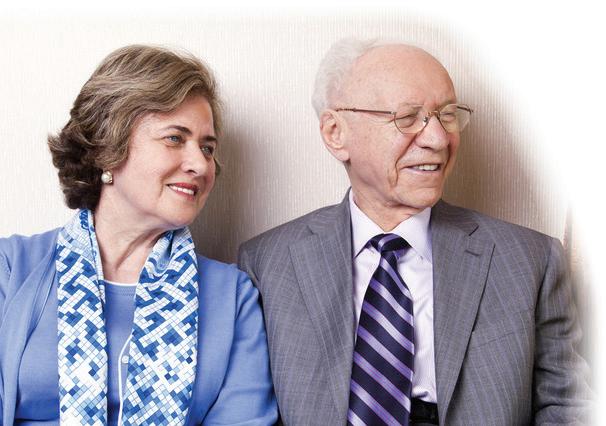
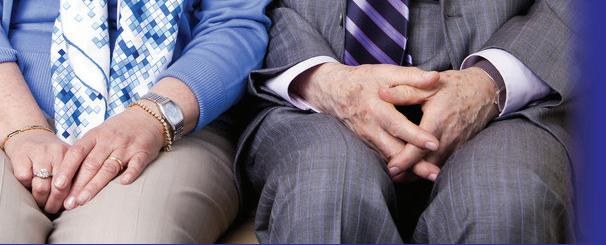







regular contributions to personal savings accounts are some additional aways to save for retirement.
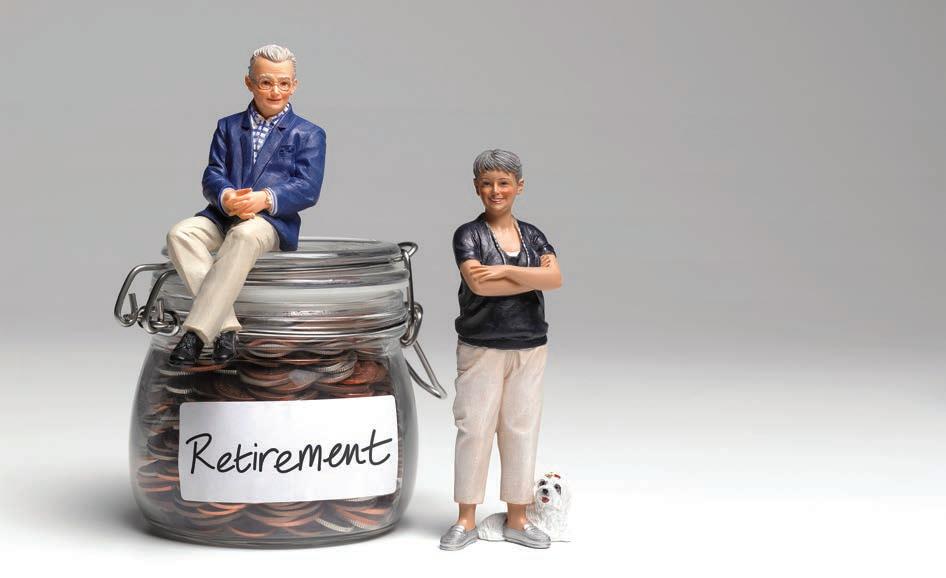
Individuals need not look very far to be reminded of the importance of planning for retirement. Television ad campaigns touting the need to plan for retirement have been front and center for many years. Banks also heavily promote their retirement planning services to account holders. The emphasis financial firms and banks place on retirement planning underscores just how important it is for individuals from all walks of life to prioritize securing their financial futures.
Ad campaigns can make saving for retirement seem simple, but plenty of people may have questions about how to save for the days when they are no longer working.
It’s never too early to start saving for retirement. Young professionals may not be anywhere close to retirement, but that doesn’t mean they can afford to put off saving for the day when they call it a career. Much of that has to do with inflation. The rate of inflation varies, but it’s fair to assume that your cost of living will rise dramatically between your 23rd
birthday and your 70th birthday. If you choose to simply save as opposed to investing that money, your money will not grow at a rate necessary to overcome inflation. Though there’s no guarantees with investing, traditional retirement investment vehicles have a proven track record of outpacing inflation. For example, Standard & Poor’s 500 (S&P 500) reports that individual retirement accounts (IRAs) grew by an average of 10.8% between 1971 and 2020. Over that same period, the U.S. Bureau of Labor Statistics indicates that the dollar had an average rate of inflation of 3.99%.
Various investment vehicles can help people save for retirement. Many people utilize employer-sponsored 401(k) retirement plans. These allow individuals to deposit money via pre-tax contributions deducted from their paycheck. For young people, enrolling in these plans as soon as they’re eligible can be a great way to begin building their retirement savings, and since many people contribute between 6 and 10% of their pre-tax earnings, their take-home pay will not be significantly different once they enroll. IRAs, pension plans, certain life insurance policies, and
No two people are the same, so there’s no simple answer to this question. Estimates about how much people will need in retirement range from 60 to 80% of their yearly income the year they stopped working full-time. A financial adviser can be a useful ally as people try to calculate how much they will need to save for retirement. However, the simplest answer to this common question is that there’s no such thing as saving too much money for retirement so long as saving does not adversely affect other areas of your life.
No law prohibits people from withdrawing funds from designated retirement accounts before they retire. However, there may be significant financial penalties and tax consequences if you do so. For example, the Internal Revenue Service allows penalty-free withdrawals from a 401(k) after an account holder turns 59 ½. Withdrawals made before then could be subject to federal and state income tax and a 10% penalty of withdrawn funds. Individuals are urged to speak with a financial adviser about withdrawal guidelines and penalties prior to opening a retirement account.
Saving for retirement is vital and it’s never too early to begin investing in your financial future.
Magnolia Court Senior Living is part of the Fields Senior Living legacy of care. As third-generation senior living operators, this family owned company is committed to upholding the family’s core values of integrity, excellence, attention to detail, stewardship and fun each and every day.
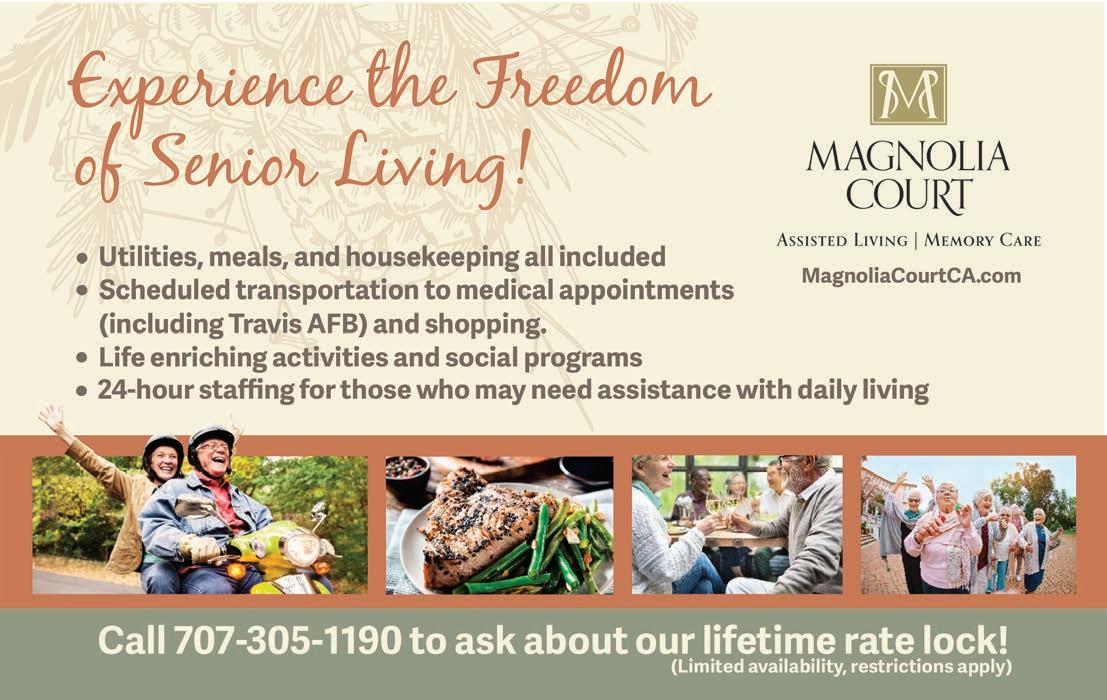
Fields Senior Living was excited to join the Vacaville community with the purchase of Magnolia Court in 2019. Affecting positive change on the culture through implementing the core values was priority No. 1. In addition, the community also underwent an extensive remodel to bring a new standard of assisted living and

memory care to the area.
In addition to the beautifully crafted common areas, residents also enjoy delicious chef-prepared meals, an active events calendar that includes social events, outings and entertainment, as well as the convenience of weekly housekeeping and scheduled transportation. In essence, they’ve thought of everything to ensure that seniors are living, with a capital “L.” Magnolia Court is committed to keeping its residents active and engaged and has made the wellness of residents a priority. With licensed
• Address: 1111 Ulatis Drive, Vacaville
• Telephone: 707-305-1190
• Website: https://www. magnoliacourtca.com
nurses and an experienced care team ready to serve, residents receive the highest standard of health care. Whether they need personal assistance with bathing or grooming, or a personalized care strategy that meets seniors wherever they are on their journey, Magnolia Court takes pride in offering loving care from trained professionals.
For more information on the services offered, or to schedule a personal tour, contact Magnolia Court today.
well enough – physically or cogni tively – to care for themselves. Palliative and hospice care are part of these care offerings.
Palliative care is specialized medical services for individuals living with serious illnesses. It is not designed to cure or treat the condition itself, but it is a way to manage symptoms. It is typically used in conjunction with other forms of medicine that are attempting to treat or cure the disease.

Hospice is similar to palliative care in that it is geared to enhancing quality of life. Hospice care is for people in the last phases of incurable diseases and is intended to ensure they live as fully and comfortably as possible, according to the American Cancer Society. Unlike palliative care, which accompanies traditional medical care, those who accept
illness, such as cancer, dementia, Parkinson’s disease, and heart failure, can appreciate the support palliative care provides. It is helpful at any stage of the illness, and is best started soon after diagnosis.
Hospice care is for those who are in the final stages of their illnesses. Generally, hospice services are reserved for people who are expected to live another six months or less if their illness continues to run its course.
The good news about palliative care and hospice care is that wishes are completely driven by the patient and his or her family. If the patient is incapable of making medical directives, his or her medical proxy can make changes to care wishes.
Research indicates that many times hospice care is started too late because people think it’s a form of “giving up.” However,
palliative and hospice care can improve symptoms such as pain, nausea or vomiting, anxiety, depression, constipation, difficulty breathing, fatigue, and trouble sleeping, among others.
Hospice care also can include spiritual and bereavement care. Hospice teams typically follow up with members of the immediate family to offer them counseling or other services.
Patients and their families decide what they want out of these care measures. Palliative care teams are separate from the patient’s medical care team that’s managing their treatment. Hospice care teams coordinate the majority of care for the patient and communicate with the patient’s medical care team.
Hospice and palliative care are considerations for people with serious conditions.






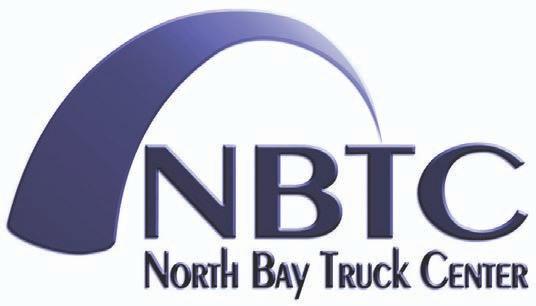





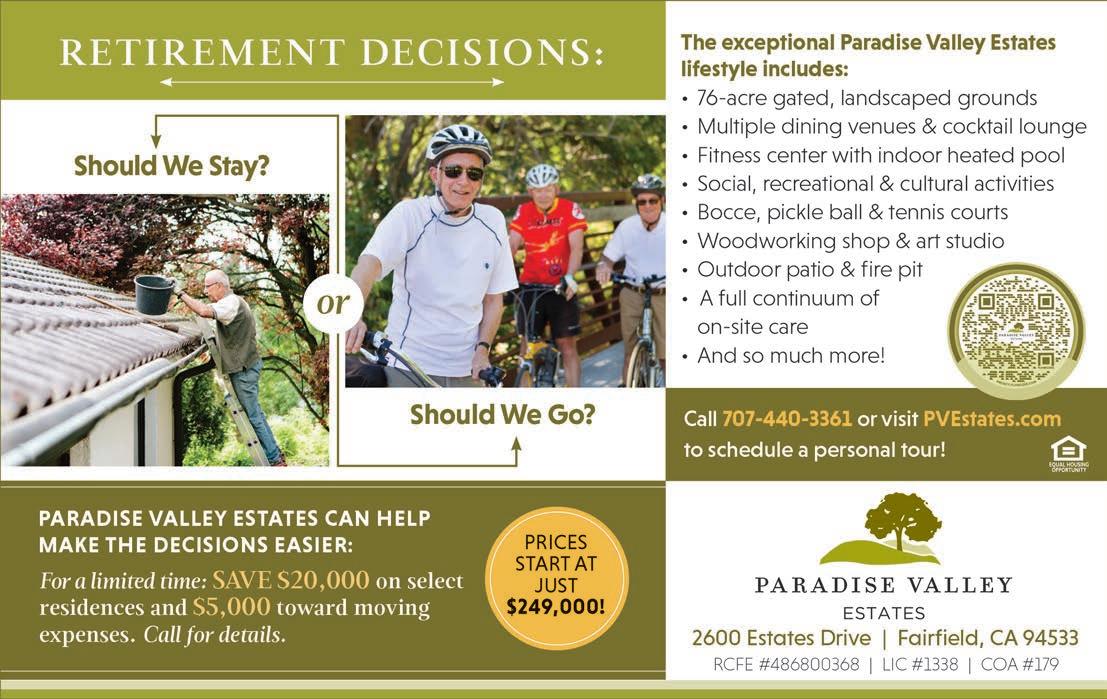
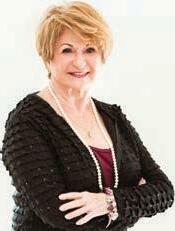


















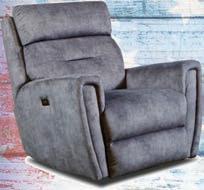


Medicare is confusing and HICAP can help.
According to a 2020 study by the Kaiser Family Foundation, 71% of beneficiaries did not review their Medicare health care coverage from year to year though costs and coverage change drastically. Plans come, plans go, medications are added and subtracted, physicians and providers change contracts with certain plans and people find themselves in trouble in the new year.
How does anyone decide what Medicare coverage is best? The answer is turning to a truly unbiased source and considering two things.

The first thing is your health. How has your health changed? Will your
doctors still be with your plan? Will all your medications still be covered? Is your previous plan still the best for your current health needs? The second thing to consider is your pocketbook. Are you paying more than necessary for coverage? There are 26 D prescription drug plans in 2023 with premiums as low as $4.50 per month. In Solano County, there are now 25 managed care HMO and PPO Advantage plans, some with
• Website: www.SeniorAdvocacy Services.org/HICAP
• Phone: 800-434-0222
• Email: hicapinfo@sasnb.org
a $0 monthly premium.
If Jan. 1, 2023, you have your Medicare coverage through a managed care plan called an Advantage plan, you have more time to make changes until March 31.
HICAP, the Medicare Health Insurance Counseling and Advocacy Program through the California Department of Aging, is your trusted and unbiased source for Medicare help. To find out more, attend a seminar or to set an appointment, go to www.Senior AdvocacyServices.org/HICAP.
